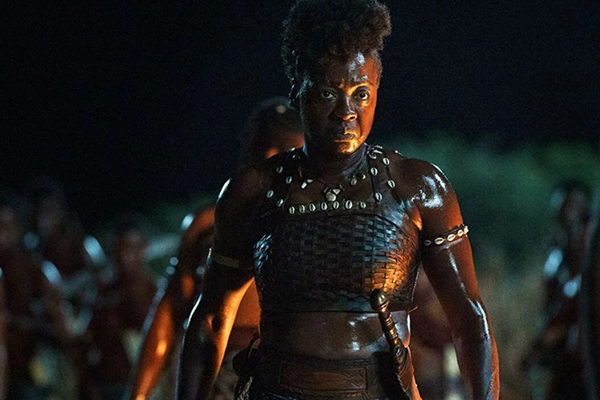The Untold Legend: Exploring "The Woman King"
Some stories have yet to unfold, awaiting the right moment to resonate on a global stage. One such narrative is that of The Woman King—a tale deeply rooted in African history, combining myth and fact to bring forth the powerful legacy of Queen Nzinga Mbande. This story, based on real events, is not only a tribute to resilience and leadership but also a profound exploration of authority, credibility, and the enduring strength of women.
The Historical Foundation of The Woman King
Set in the 17th century, The Woman King introduces us to Queen Nzinga, ruler of the Ndongo and Matamba Kingdoms, located in present-day Angola. Nzinga, a master tactician, fearless warrior, and unwavering leader, represents a figure of triumph and challenge during an era marked by colonial expansion and the burgeoning transatlantic slave trade. Her story takes place against the backdrop of European powers vying for control over African territories, with Nzinga defending her kingdom from both Portuguese encroachment and local adversaries.
Nzinga’s strategic brilliance and resilience allowed her to defy overwhelming odds, earning her the title "The Woman King" from both enemies and allies. Her rule defied traditional gender roles, proving that women could lead, fight, and succeed in a male-dominated world.
Learn how Queen Nzinga’s leadership mirrors modern empowerment movements.
Female Authority in a Male-Dominated World
At its core, The Woman King illustrates the transformative power of female authority. Nzinga’s leadership not only saved her people but also showcased what can happen when women are entrusted with power. The generational impact of her story extends beyond her time, inspiring women across the globe to challenge societal norms and pursue leadership roles.
In a world where women’s stories are often untold, The Woman King stands out as a powerful testament to what women can achieve when given the opportunity. Nzinga’s legacy continues to inspire modern movements of empowerment and leadership.
Discover how historical legacies like Nzinga’s impact today’s fight for gender equality.
The Academic and Cultural Significance of The Woman King
The Woman King has garnered attention not only in popular culture but also in academic circles. Scholars studying the early modern period in Africa view this story as a critical piece of African history, delving into the intersections of colonialism, slavery, and African resistance. Ethnographers and historians trace Queen Nzinga’s story through primary sources like Spanish chronicles and Portuguese correspondence, piecing together the myths and realities of her reign.
The historical significance of Queen Nzinga is particularly relevant in ongoing conversations about representation and diversity in media. In an industry where the stories of African women are often sidelined, The Woman King offers a refreshing and much-needed perspective on female leadership.
Explore the importance of accurate historical representation in today’s media.
Representation and Diversity in Modern Media
The story of The Woman King is more than just historical; it’s a beacon for broader conversations about representation and inclusion in Hollywood and beyond. As the industry seeks to diversify its roster of heroes and heroines, stories like Nzinga’s bring to light the wealth of untold narratives that reflect the diversity of global cultures. Adaptations of Queen Nzinga’s life would undoubtedly introduce her legacy to a wider audience, allowing more people to appreciate her role in shaping African and global history.
In a time when inclusivity is crucial, The Woman King reminds us that there is still much work to be done to bring diverse stories to the forefront. Queen Nzinga’s legacy serves as a powerful reminder that history is not one-dimensional—it’s multifaceted, filled with stories of strength, resilience, and leadership that need to be told.
Learn more about how media can influence cultural diversity and representation.
Conclusion: Why The Woman King Matters
The Woman King is a story that transcends time and space, offering valuable insights into the resilience of women leaders like Queen Nzinga. Her legacy is one of empowerment, courage, and determination, a narrative that continues to inspire and educate. By bringing this story to the screen, we not only honor Nzinga’s memory but also fill a historical void that has long been overlooked.
In a world where stories of women leaders are still underrepresented, The Woman King stands as a testament to the power of storytelling. It encourages us to embrace diversity, celebrate female authority, and continue the ongoing quest for representation and inclusion in all forms of media.
This film, much like Queen Nzinga herself, leaves a lasting impression, reminding us that history is not just about the past—it’s about how we use these lessons to shape a more inclusive and empowered future.












